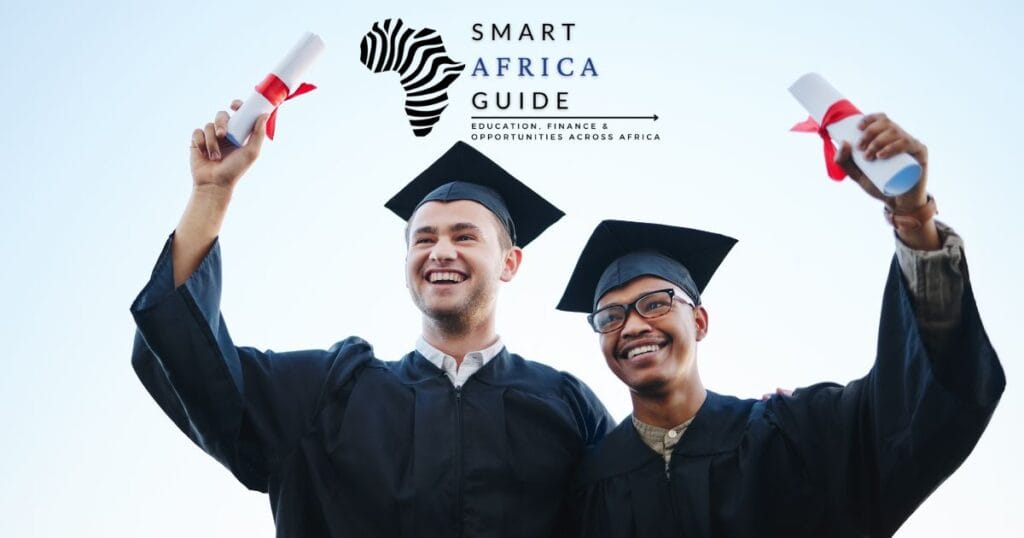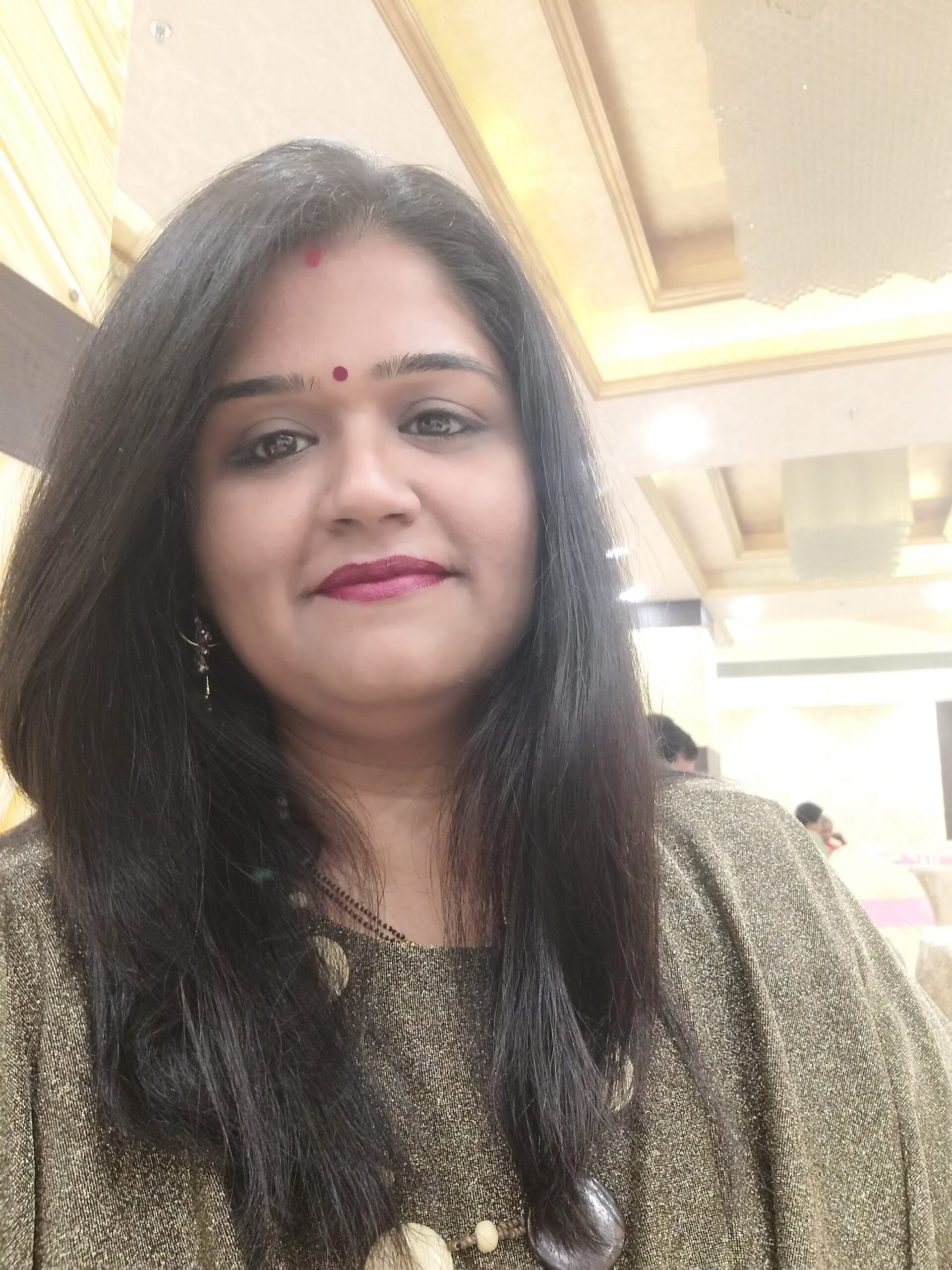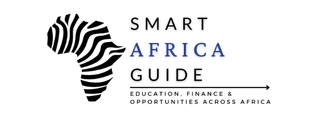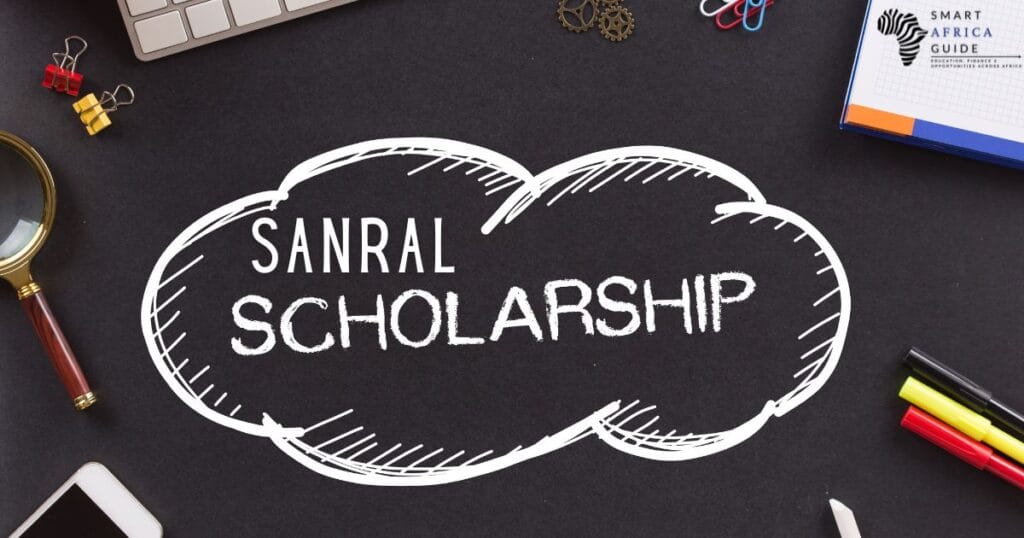Last updated on January 3, 2026
The SANRAL Scholarship gives South African learners the chance to study in science, technology, and engineering fields by providing full academic and financial support.
I learned about the SANRAL scholarship in South Africa from a neighbor whose son started high school. It covered his books, transport, and uniform. This early tip helped me seek out programmes that support parents in need. The SANRAL high school scholarship lets learners and e-learners focus on studies, not costs, and is often called a lifeline.
About the SANRAL Scholarship Programme
The South African National Roads Agency administers the SANRAL Scholarship. The whole idea is simple. Families struggle, fees pile up, and students lose focus. This programme steps in at that point. It covers costs, keeps them studying, and gives extra help in maths and science so they don’t fall behind.
It covers:
- school fees and sometimes boarding,
- uniforms and stationery,
- textbooks and learning materials.
The SANRAL scholarship in South Africa also offers help in maths and science through extra lessons.
Learners are paired with mentors who track progress and share study advice.
It’s a simple goal — help young people finish school and plan for better careers.
Every year, new learners are accepted under the SANRAL scholarship 2026 programme. Applications and full details are listed on the SANRAL scholarships page.
“Study hard what interests you the most in the most undisciplined, irreverent and original manner possible.”
Richard Feynman
Who Qualifies for the SANRAL Scholarship?

Grades
Students can only apply for the SANRAL scholarship if they are already in high school. It’s meant for learners who are studying in Grade 8 up to Grade 12 at the time they apply.
Anyone still in primary school or who has done matric won’t qualify. Good performance matters. Most accepted learners keep an average of about 60 percent or higher in their school reports.
Schools
Both public and private schools in South Africa are covered. The learner must attend a registered school that follows the national curriculum. Preference often goes to schools that teach mathematics and science as core subjects.
Subjects
There is no strict list of subjects required. However, strong results in mathematics, physical science, and English make an application stronger. Learners who show effort in these areas are usually given first consideration because these skills link to engineering and technical careers that SANRAL supports.
Benefits of the SANRAL Scholarship
The SANRAL scholarship allows learners to focus on studies and relieves families of education expenses, offering key support beyond fees.
Here’s what it normally covers:
- School fees for public or private schools where the learner is enrolled
- Uniforms and stationery for everyday school use
- Mentorship and learner support to guide students during the year
- Textbooks and other learning materials
- Transport costs, if the student travels far to school
- Boarding expenses, when a learner stays at a hostel
- Extra classes in mathematics and science to improve marks
The SANRAL scholarship in South Africa has been designed to give every learner a fair chance to succeed in school. This is especially true for subjects that open doors to technical and engineering careers later.
Required Documents for Application
- Certified copy of your ID document or birth certificate.
- Certified copies of your parent or guardian’s ID documents.
- Certified copy of your recent school results or reports.
- Proof of your residence — for example, a water or electricity bill in your parent or guardian’s name.
- Proof of your household income, which could be payslips if employed or an affidavit if self-employed or in the informal sector.
- Motivation letter written by you (the learner) explaining why you should receive the scholarship.
- Motivation letter from your parent or guardian.
- Motivation or referral letter from your school principal or another relevant school staff member.
Make sure all documents are certified and attached. Applications missing any required document will not be considered.
How to Apply for the SANRAL Scholarship

Online Portal
Students can apply for the SANRAL scholarship directly through the official website at www.nra.co.za/scholarships. On the site, the South African National Roads Agency SOC Ltd provides a detailed application form along with a short brochure that explains each step.
Applicants are required to complete all parts of the form and attach certified copies of the required documents before submitting it. The agency notes in its official guide that late or incomplete submissions will not be considered.
All documents, including proof of income, school reports, and identification, must be uploaded directly through the same online portal for the application to be reviewed.
Deadlines
The SANRAL scholarship 2026 application period usually closes on 30 September each year. This date is confirmed in SANRAL’s official scholarship brochure and also listed on education information sites such as Student Room and Edupstairs.
Applicants who do not receive any feedback by 31 January of the following year are generally advised to treat the application as unsuccessful.
Important Tips for Applicants
Applying for the SANRAL scholarship needs careful attention. The form looks simple, but many students miss out because they skip small steps or send incomplete documents. Always read every part of the brochure before you start.
Important Tips for Applicants
- Read the form first. Then read it again. Many students lose the SANRAL scholarship chance because they skip a page or miss a line. Before you start, be ready with every document.
- Common Mistakes
- No certified copies of ID or report cards.
- Missing proof of income.
- Sending it after the date has closed.
- Using an old version of the form.
- Leaving out a parent’s or principal’s letter.
- Check each page. Keep one full copy before you hit submit.
Renewal
- The scholarship isn’t forever by default. Learners have to keep steady marks, about sixty percent or more, and send new results every year. If marks fall or attendance is poor, SANRAL can stop the help. Stay organized, work hard, and it continues.
Contact & Official Link Section
For help or to submit your application, contact the South African National Roads Agency at transformationqueries@sanral.co.za or apply on the SANRAL website.
Conclusion
The SANRAL scholarship gives learners a fair chance to stay in school and build a better future. It lightens the cost of education and rewards hard work. Students who qualify should gather their papers early and apply before the deadline.
Keeping good marks and discipline helps with renewal each year. For those who miss out, there are many other scholarships to explore. Staying informed and applying on time often makes all the difference.
FAQs
Who can apply for the SANRAL scholarship?
Any learner in Grades 8 to 12 who attends a registered public or private school in South Africa can apply. Applicants should demonstrate consistent academic effort and meet the financial needs guidelines set by SANRAL.
What subjects are supported?
All school subjects qualify, but learners who perform well in mathematics, physical science, and English are often prioritised. These areas link to SANRAL’s focus on engineering and technical development.
How much does SANRAL cover?
The scholarship pays for school fees, uniforms, stationery, textbooks, and transport, and can include boarding costs where applicable. Extra maths and science lessons are also provided.
When is the SANRAL scholarship deadline?
Applications usually close on 30 September each year. If an applicant has not heard back by 31 January of the following year, it means the application was not successful.

Varsha Asrani is a lecturer and education writer with experience as Visiting Faculty at AUPP and ATMC College, and as a Lecturer with TalentEdge and UpGrad. She is the Founder of the Asrani Institute of Education and Counselling. Varsha specializes in scholarships, e-learning, and career guidance for African students and professionals, and regularly visits Africa to gather first-hand insights that shape her research and articles.




